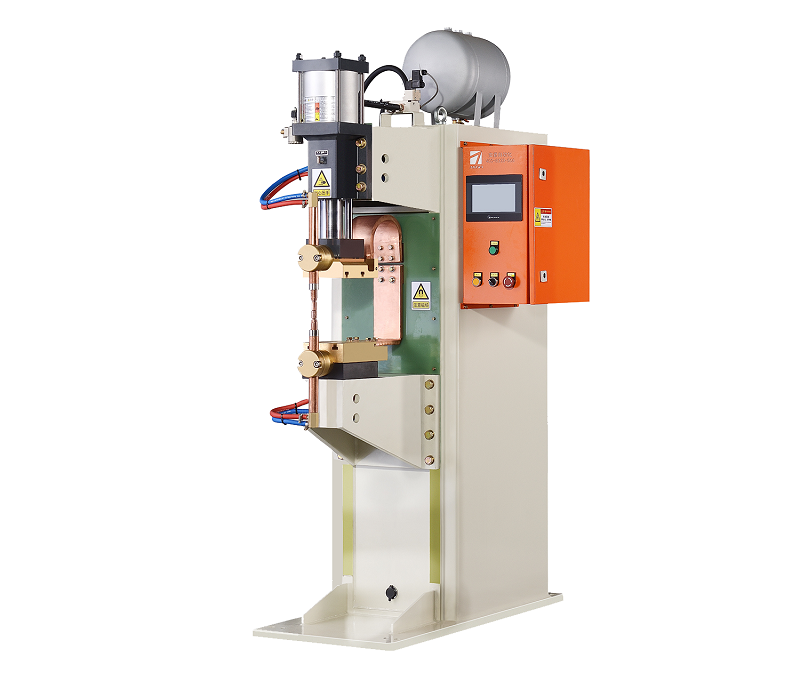Operational Guidelines for Medium-Frequency DC Spot Welding Machine Controller
Medium-frequency DC spot welding machines play a crucial role in various industrial applications, ensuring the integrity and strength of welded joints. To ensure safe and efficient operation, it is essential to adhere to strict operational guidelines when using the controller for these machines. In this article, we will outline the key operational norms and procedures for the controller of a medium-frequency DC spot welding machine.

- Safety First: Before operating the welding machine controller, ensure that all safety precautions are in place. This includes wearing appropriate protective gear, checking the machine for any defects, and ensuring a safe working environment.
- Controller Familiarization: Familiarize yourself with the welding machine controller’s interface and functions. Understand the purpose and operation of each button, knob, and display.
- Electrode Adjustment: Properly adjust the welding electrodes to ensure they are aligned correctly. This ensures the quality and strength of the weld.
- Material Selection: Select the appropriate welding material and electrodes for the specific job. Different materials require different settings on the controller for optimal results.
- Setting Parameters: Carefully set the welding parameters such as welding current, time, and pressure according to the material and thickness being welded. Refer to the manufacturer’s guidelines for recommended settings.
- Electrode Maintenance: Regularly inspect and maintain the welding electrodes to ensure they are in good condition. Replace or recondition electrodes as needed.
- Emergency Stop: Know the location and operation of the emergency stop button on the controller. Use it in case of any unexpected issues or emergencies.
- Welding Process: Start the welding process by pressing the appropriate buttons on the controller. Monitor the process closely to ensure that the weld is forming correctly.
- Quality Control: After welding, inspect the quality of the weld joint. Ensure it meets the required standards in terms of strength and appearance.
- Shutdown Procedure: After completing the welding job, follow the proper shutdown procedure for the machine. Turn off the controller and the power source, and clean the work area.
- Maintenance Schedule: Establish a regular maintenance schedule for the welding machine and controller. This includes cleaning, lubrication, and inspection of electrical components.
- Training: Ensure that operators are adequately trained in the operation of the controller and the welding machine. Training should include both theoretical knowledge and practical skills.
- Documentation: Maintain records of welding jobs, including parameters used, materials welded, and any issues encountered. This documentation can be valuable for quality control and troubleshooting.
By adhering to these operational guidelines for the medium-frequency DC spot welding machine controller, you can ensure safe and efficient welding processes. Regular training and maintenance are key to achieving consistent and high-quality welds while prolonging the lifespan of your equipment. Remember, safety should always be the top priority in any welding operation.